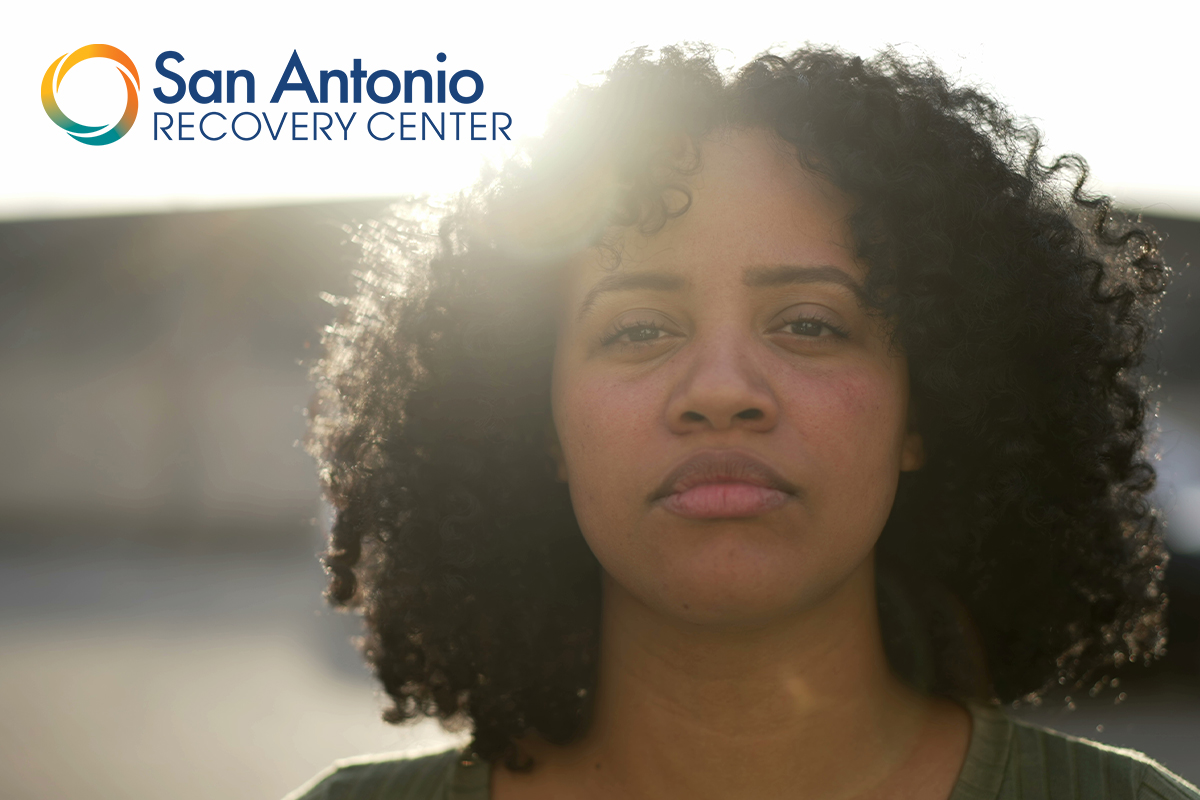
“Fentanyl overdoses in Texas continue to climb…”
“Fentanyl use is at an all time high…”
“An overdose epidemic on the rise…”
We’ve all heard these headlines, and it can be terrifying to find out your loved one is taking fentanyl. Worry, anxiety, and fear can swell, leaving you feeling overwhelmed and hopeless.
We understand this pain. At San Antonio Recovery Center, we’re a part of the community in more than just name – we stick with our clients long after they leave our treatment center, offering the largest alumni community in the region.
Today, we’re going to answer your questions about fentanyl overdose. How dangerous is it really? What causes it? And what can you do about it?
Fentanyl is a legal prescription opioid, often administered for intense cancer pain or for surgery. However, its side effects can include euphoria, giddiness, and relaxation, making it an increasingly popular illicit substance.
An overdose is a life-threatening condition that occurs when someone takes a higher dose of a substance than their body can safely consume. The technical name for an overdose is “poisoning”. This can occur with legal substances like alcohol, or illicit drugs such as heroin, cocaine, and fentanyl. With fentanyl, overdose can lead to respiratory failure, heart attack, and ultimately death.
What makes fentanyl overdoses particularly dangerous is how potent a drug it is. Fentanyl is up to 100x stronger than morphine and 50x stronger than heroin. Even a few grams of fentanyl can be fatal, far surpassing what is safe to consume. Fentanyl alone accounted for 44% of all overdose deaths in Texas last year. Worse, fentanyl is often mixed with other illicit drugs, such as heroin or cocaine, increasing the risk of overdose.
An overdose is a dangerous and life-threatening event. When it comes to fentanyl, education saves lives. Being able to recognize the signs of an overdose is the first step toward keeping your loved ones safe.
Each person may experience fentanyl overdose differently. They might experience only a few of these symptoms, or perhaps all of them. Additionally, the severity of these symptoms can vary based on the dose, the method of delivery, and the individual’s tolerance. Some of the signs to look out for include:
If you or a loved one experiences any of these symptoms after taking fentanyl or another substance, seek medical attention.
Call 911 immediately and tell them there has been a potential fentanyl overdose. Early treatment is critical to safety and survival. Try to keep the individual awake and alert. If breathing has stopped, it is important to begin CPR until first responders arrive.
If available, administer naloxone (Narcan). This is an effective treatment for reversing overdose, blocking the lethal effects of fentanyl and other opioids. Naloxone is safe to use even if you are wrong about an overdose occurring. It is always better to be safe in these situations.
Individuals who have an opioid dependence or substance use disorder are most at risk of fentanyl overdose. They may have developed a tolerance to the drug, requiring increasingly dangerous doses to achieve the same sensations as before.
In particular, if your loved one has recently resumed opioid use after an extended break, they are at significant risk. Their body’s tolerance will be lower than before their break from the substance. They may take the same dosage as before, thinking everything will be fine, when their body is no longer equipped to safely handle that amount. This means that you should be particularly vigilant after an extended trip, stay in rehab, or incarceration.
Fentanyl is often mixed with other opioids – such as heroin or prescription painkillers – due to its high potency. Individuals who take these substances may be unaware they contain fentanyl, putting themselves at risk of overdose. This can be particularly dangerous with counterfeit prescription pills. These can contain lethal amounts of fentanyl, with no way of knowing the strength of the dose.
If you or someone you care for is using fentanyl, it can make you feel helpless. Especially if fentanyl use becomes an opioid use disorder, it can feel like addiction is taking over your life. It’s important to remember that you aren’t alone, and that treatment is available.
With any opioid use disorder or addiction, it’s critical to find the right facility. Research shows that you shouldn’t just consider initial treatment, but the community and support your loved one receives afterward.
That’s why at San Antonio Recovery Center, we’re with you at every step of the way, offering not only fentanyl addiction treatment, but an extended alumni community to empower you and your loved ones in your life after recovery. Call us today at 866-957-7885 to take the first step.
Strength. Acceptance. Recovery. Community.
contact us now!
